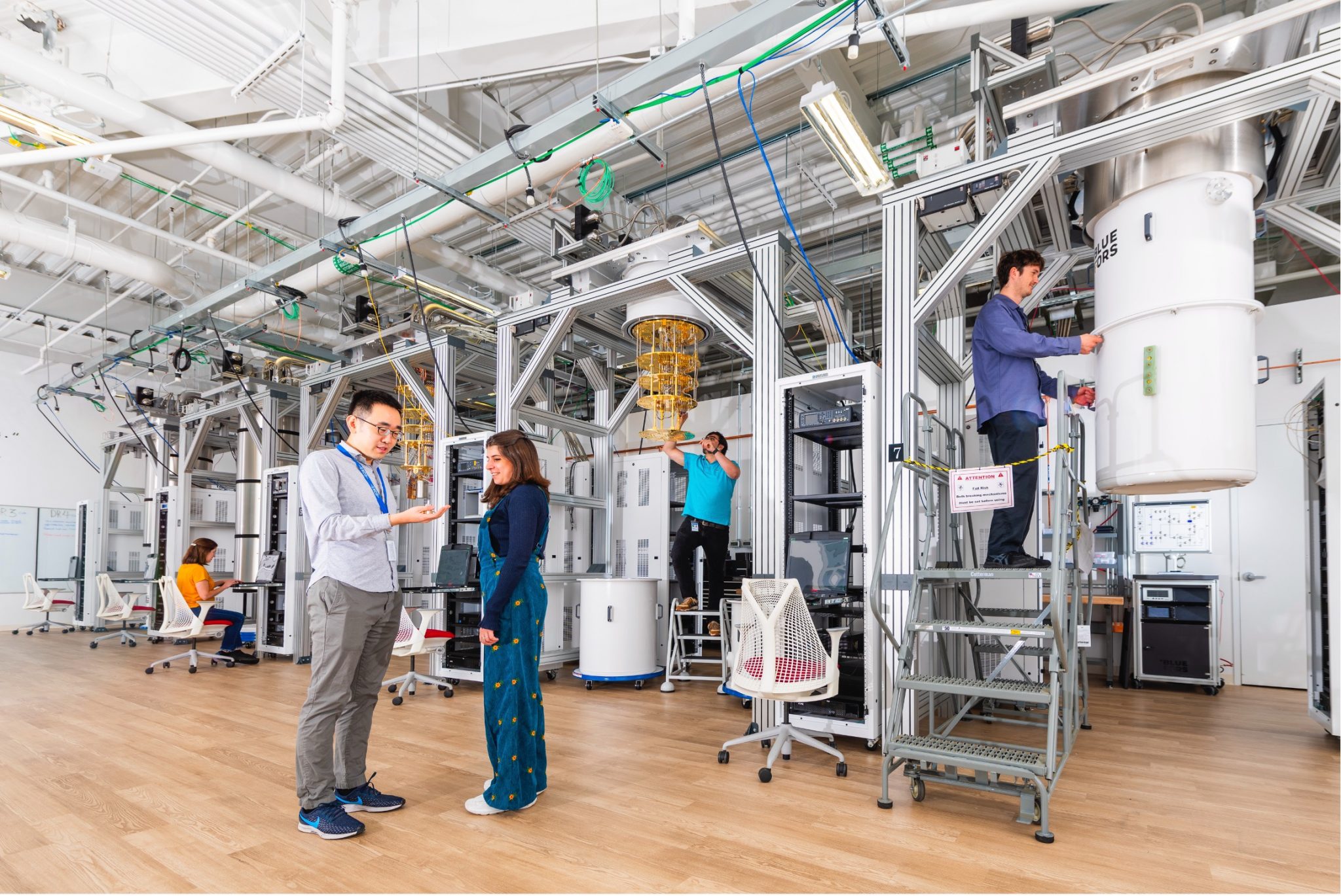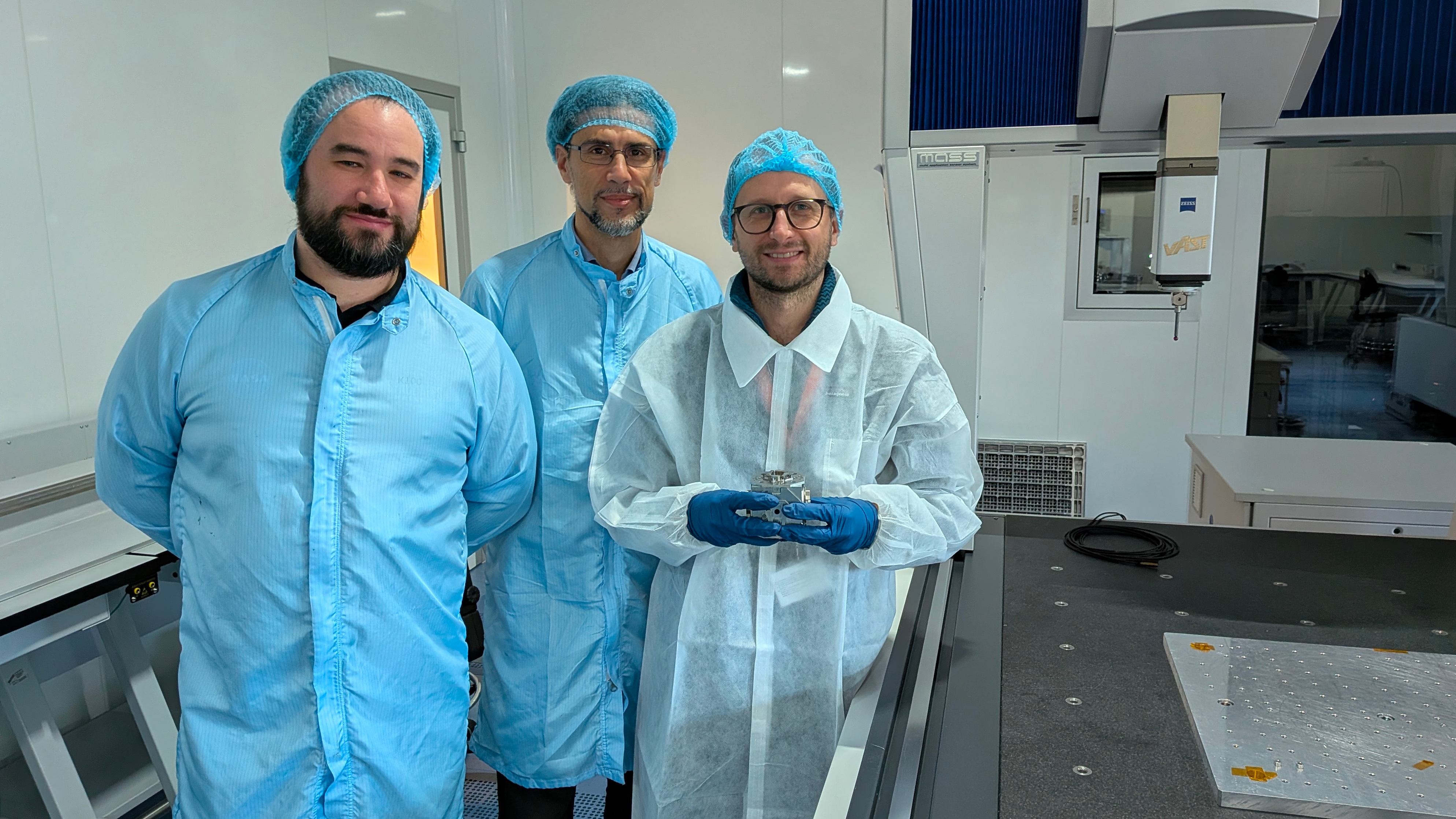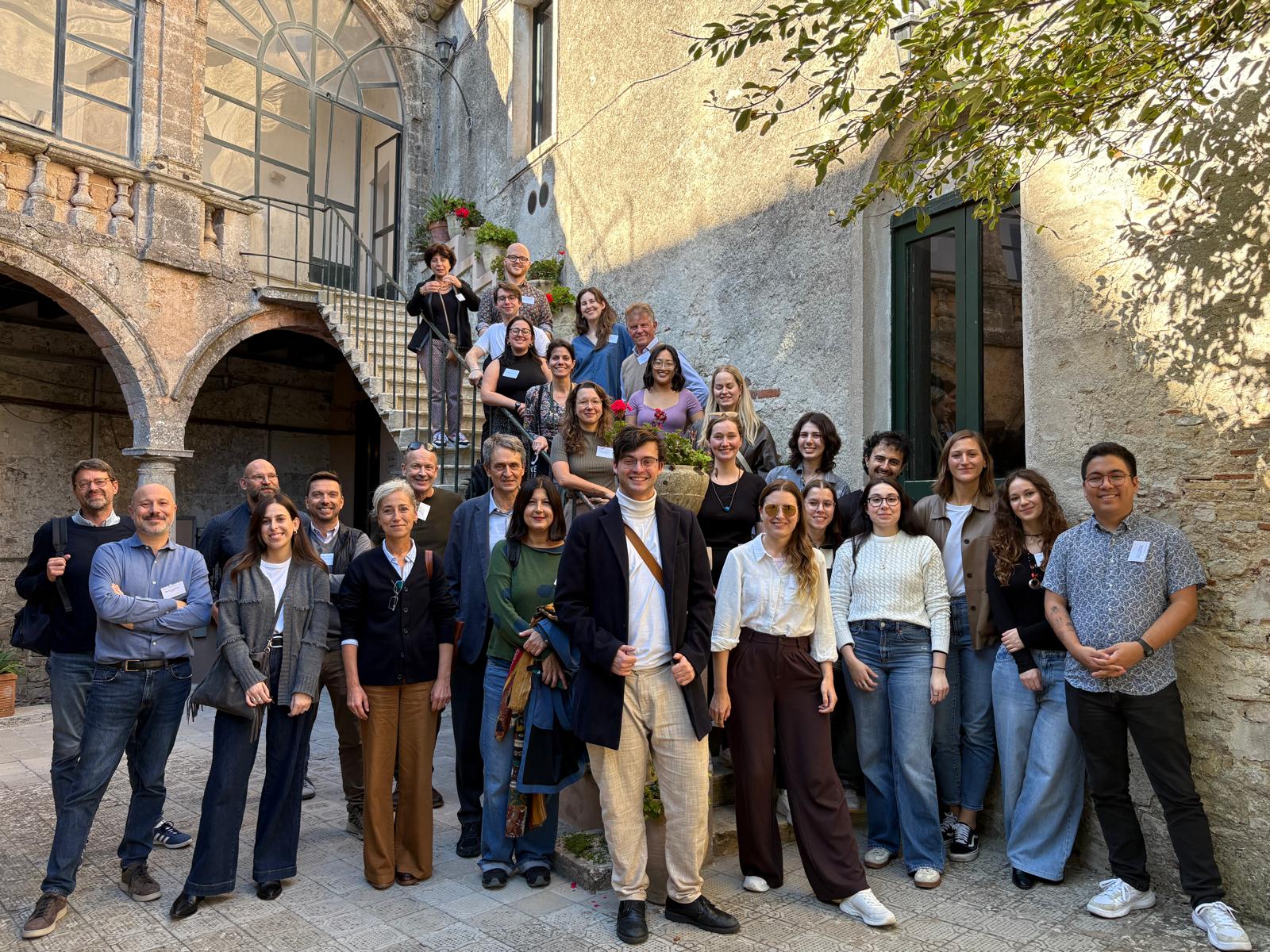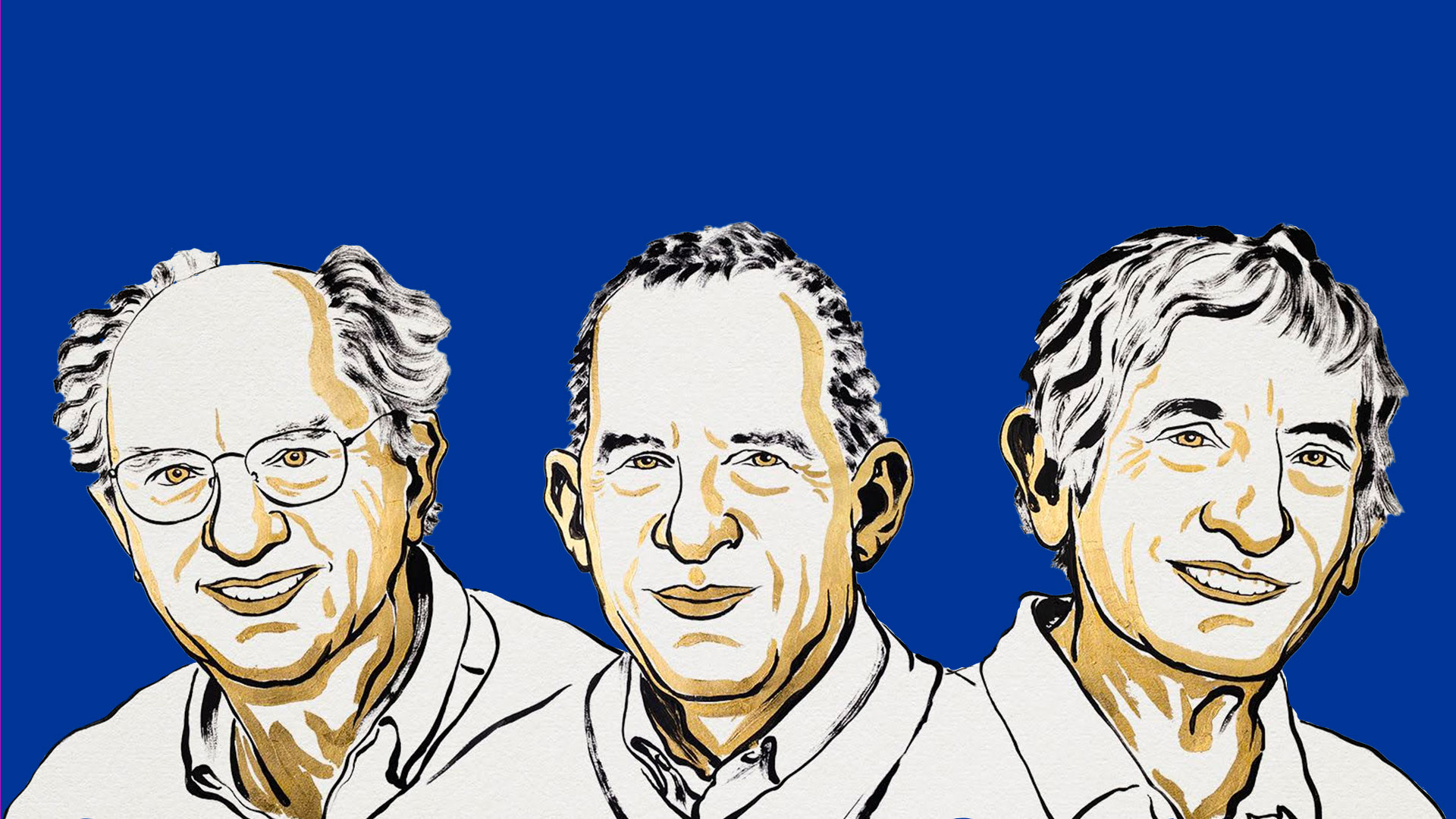
On 18 September, renewal of the agreement between INFN and CNRS for the Italian-French consortium EGO (European Gravitational Observatory), which manages the VIRGO experiment, the interferometer for the study of gravitational waves based in Italy, in Cascina, in the countryside near Pisa, was signed. Signing of the agreement coincides with the beginning of the first period of scientific activity of the two advanced LIGO (Laser Interferometer Gravitational waves Obervatory) interferometers in the United States, which are part of the worldwide network of gravitational detectors, in which VIRGO is also participating. The search for gravitational waves is one of the first examples of global research infrastructure in the sense that the interferometers situated in the various parts of the world (two in the US, two in Europe, in Italy and in Germany, and one in Japan) have been united in a global network, working together, that is, exchanging data and information. The network has also been adopted by the GSO (Group of Senior Officials on Global Research Infrastructures) as a prototype of Global Research Infrastructure, towards which today there is a tendency in other fields. For the EGO Consortium, in which currently Italy and France are participating but which could soon see the presence of Holland, there are therefore all the ingredients for implementing leading- edge scientific research in this field. EGO could also represent the first step towards the establishment of a European Research Infrastructure Consortium (ERIC), in which the infrastructure would take on the role of a veritable European gravitational observatory





